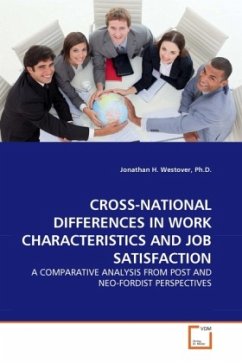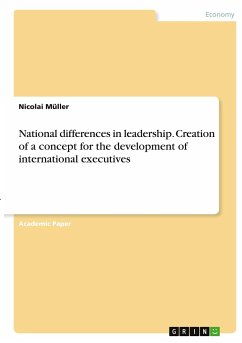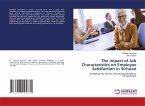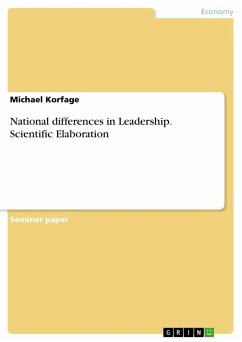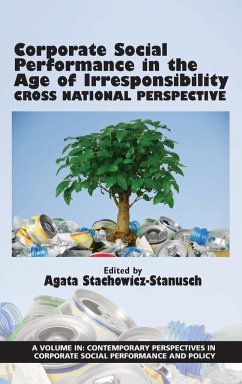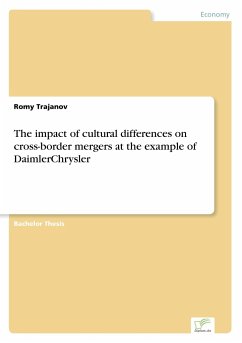In this research, I apply and extend Handel's (2005) Post and Neo-Fordist framework for understanding job characteristics and job satisfaction. Prior research has indicated that the nature of work has changed dramatically in recent years in response to economic shifts and an increasingly global economy. However, there is little agreement on whether the overall quality of work has improved or declined over that period. Furthermore, less is known about changes in job satisfaction and its various indicators over time, based on how the workers feel. Finally, even less is known about the overall comparative quality of work and job satisfaction across the global economy. In this study, I use non-panel longitudinal data from the International Social Survey Program (Work Orientations I and II: 1989 and 1997 survey questions on job characteristics and job quality) to conduct an exploratory comparative analysis of job quality and job satisfaction in relation to the differing theoretical predictions of Post-Fordist and Neo-Fordist paradigms in looking at changing job quality characteristics across nations as they relate to these global economic shifts.
Bitte wählen Sie Ihr Anliegen aus.
Rechnungen
Retourenschein anfordern
Bestellstatus
Storno

